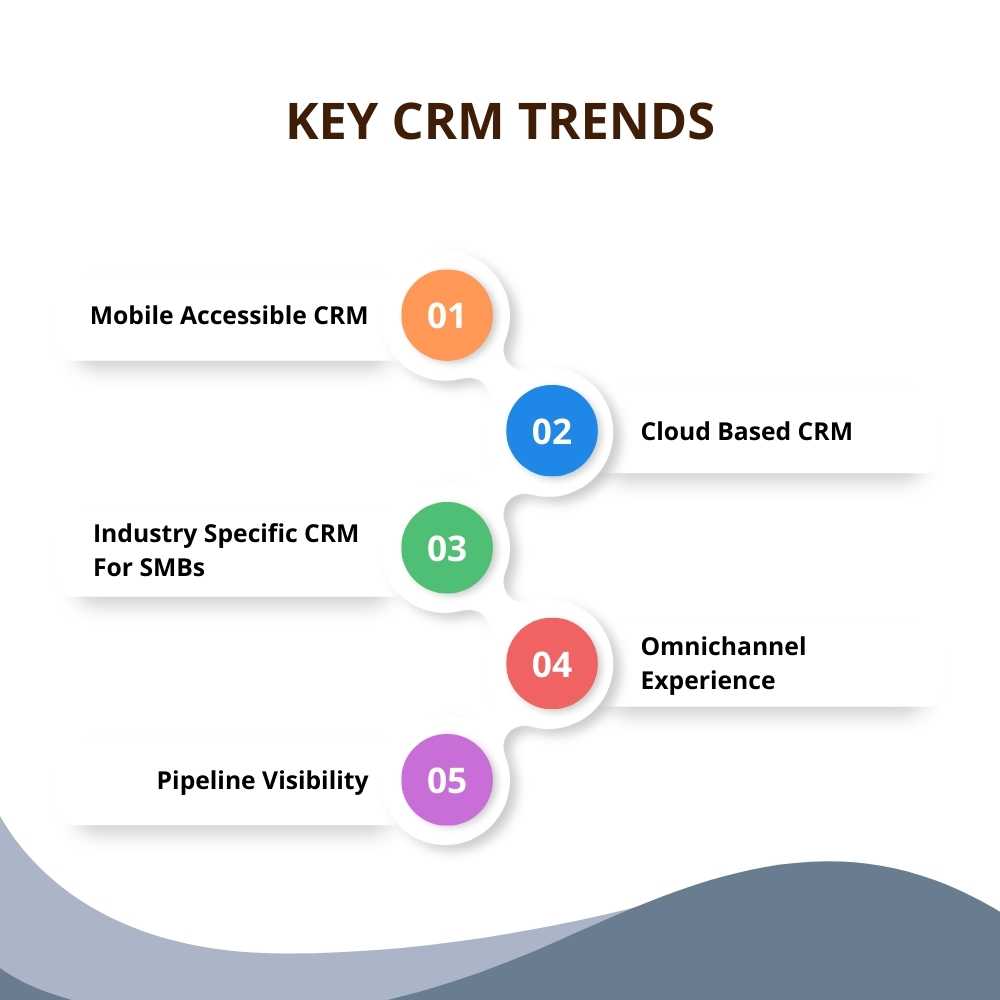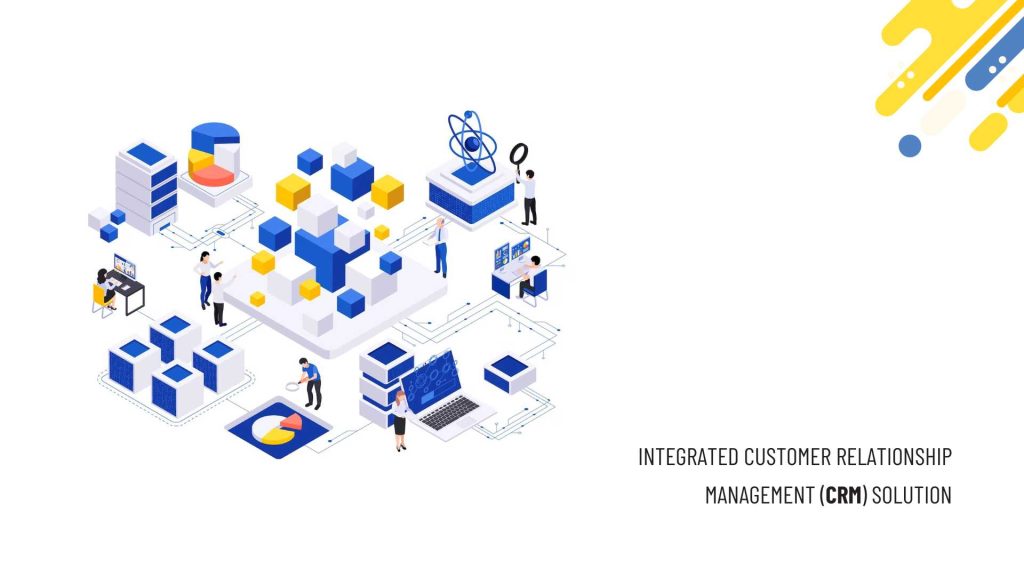Customer Relationship Management (CRM) tools are powerful, robust solutions designed to streamline and enhance interactions between businesses and their customers. These tools are integral for organizations seeking to manage, analyze, and improve customer relationships throughout the entire lifecycle.
One key aspect of CRM tools is their ability to centralize customer data, providing a comprehensive view of each customer’s interactions and transactions. This centralized database empowers businesses to understand customer preferences, behaviors, and needs better, enabling more personalized and targeted communication.
CRM tools facilitate effective organizational communication, as teams can seamlessly collaborate and share customer information. Automation features in CRM tools streamline repetitive tasks, such as data entry and follow-up emails, permitting teams to focus on additional strategic and value-added actions.
Furthermore, CRM tools often include analytical capabilities that enable businesses to gain insights into customer trends, predict future sales, and measure the effectiveness of marketing campaigns. With mobile compatibility, CRM tools empower users to access vital customer information anytime, anywhere, fostering flexibility and responsiveness.
CRM tools are pivotal in helping companies grow and maintain robust, long-lasting relationships with their consumers, ultimately contributing to enhanced customer satisfaction, loyalty, and overall business success.

Why salespeople need CRM
Salespeople benefit significantly from Customer Relationship Management (CRM) tools due to the various functionalities that help streamline and optimize their sales processes.
Firstly, CRM tools provide a centralized and organized platform for storing customer information, including contact details, purchase history, communication logs, and preferences. This consolidated data gives salespeople a comprehensive understanding of each customer, facilitating more personalized and targeted interactions.
CRM tools
CRM tools also aid in lead management by tracking and prioritizing leads based on their likelihood to convert into customers. It helps sales teams focus on high-potential opportunities, enhancing efficiency and improving the possibilities of closing deals.
Moreover, these tools often include lead scoring mechanisms, allotting scores to leads based on detailed criteria, enabling salespeople to prioritize follow-ups and allocate resources more effectively.
Efficient communication
Efficient communication is another critical aspect supported by CRM tools. Salespeople can log emails, phone calls, and other interactions directly within the CRM system, ensuring all team members can access the latest information.
It promotes collaboration and avoids duplication of efforts. Additionally, CRM tools often integrate with email and calendar applications, allowing salespeople to manage their communications seamlessly.
Automation
Automation is a key feature that enhances the productivity of sales teams. CRM software solutions automate repetitive tasks such as data entry, follow-up emails, and appointment scheduling. By automating these routine activities, salespeople can focus on building relationships, identifying new opportunities, and closing deals.
Sales forecasting
Sales forecasting is made more accurate and data-driven with the analytical capabilities of CRM tools. By examining documented sales data and consumer trends, salespeople can make informed predictions about future sales, enabling better planning and resource allocation. It helps organizations set realistic targets and measure performance against objectives.
Mobile Accessibility
Mobile accessibility is another crucial aspect for salespeople who are often on the move. CRM tools with mobile compatibility allow sales professionals to access customer information, update records, and manage tasks from anywhere, ensuring they remain responsive and agile.
Conclusion
Integrating Customer Relationship Management (CRM) software into Enterprise Resource Planning (ERP) systems represents a strategic move towards holistic business management. Organizations can seamlessly coordinate customer-focused and internal operational processes by combining CRM and ERP functionalities.
This integration ensures that customer data is efficiently managed and seamlessly shared across departments, fostering a unified approach to customer engagement. The synergy between CRM and ERP systems empowers businesses to enhance efficiency, from lead management and sales processes to inventory control and order fulfillment.
The result is a more responsive, agile, and customer-centric organization poised for sustained growth and success in today’s competitive business landscape. Thus, CRM software integration into ERP systems is a pivotal step in achieving a comprehensive, integrated, and data-driven approach to business management.

Vijay comes with a vast experience in ERP and enterprise solutions space with about 20 years of experience in various packaged application like Acumatica, SAP, Orion, Salesforce.com, SugarCRM and, SalesLogix.

